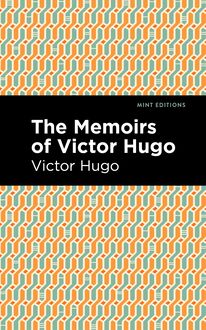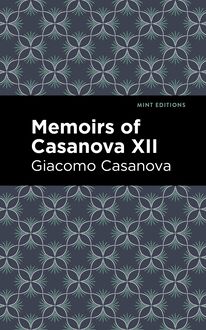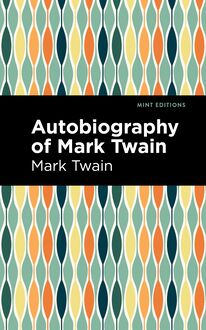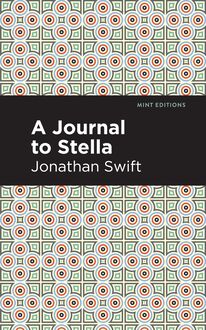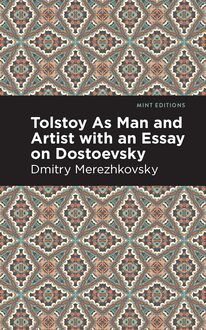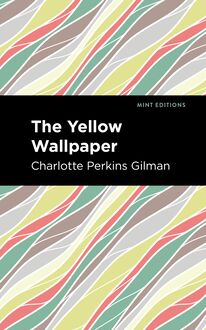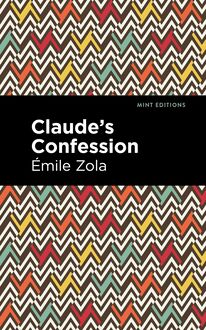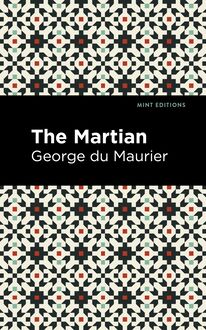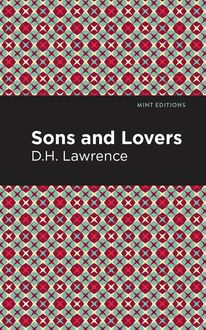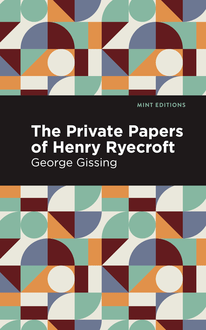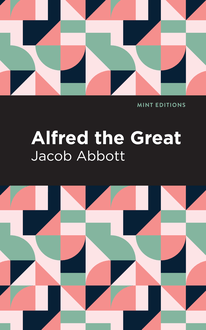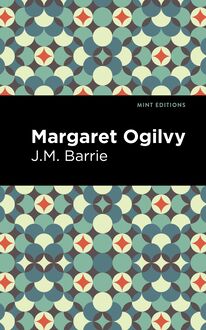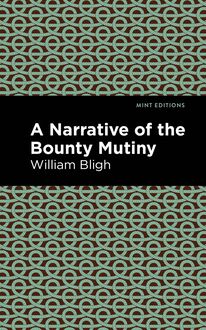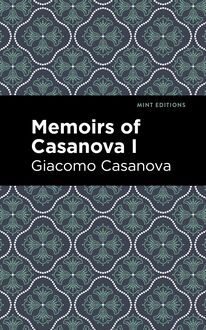-
 Univers
Univers
-
 Ebooks
Ebooks
-
 Livres audio
Livres audio
-
 Presse
Presse
-
 Podcasts
Podcasts
-
 BD
BD
-
 Documents
Documents
-
- Cours
- Révisions
- Ressources pédagogiques
- Sciences de l’éducation
- Manuels scolaires
- Langues
- Travaux de classe
- Annales de BEP
- Etudes supérieures
- Maternelle et primaire
- Fiches de lecture
- Orientation scolaire
- Méthodologie
- Corrigés de devoir
- Annales d’examens et concours
- Annales du bac
- Annales du brevet
- Rapports de stage
La lecture à portée de main
Vous pourrez modifier la taille du texte de cet ouvrage
Découvre YouScribe en t'inscrivant gratuitement
Je m'inscrisDécouvre YouScribe en t'inscrivant gratuitement
Je m'inscrisEn savoir plus
Vous pourrez modifier la taille du texte de cet ouvrage
En savoir plus

Description
Youth (1857) is a novel by Leo Tolstoy. Published at the beginning of his career as a leading Russian author of his generation, Youth is the third in a trilogy of semi-autobiographical novels tracing Nikolenka’s journey from innocence to experience. As a record of the past, a nostalgic reminder of a lost world, Youth is one of Tolstoy’s most personal works, and yet his prose shows signs of the universal religious and philosophical themes that would inspire such masterpieces as War and Peace (1869) and Anna Karenina (1877). A story of life and death, love and grief, Youth is an invaluable treasure of Russian literature. “Nevertheless there came a moment when those thoughts swept into my head with a sudden freshness and force of moral revelation which left me aghast at the amount of time which I had been wasting, and made me feel as though I must at once—that very second—apply those thoughts to life, with the firm intention of never again changing them. It is from that moment that I date the beginning of my youth.” Centered on his friendship with Dmitri and the trials he faces on his way to attending university, the final installment of Tolstoy’s trilogy finds Nikolenko on the cusp of adulthood, filled with passions and ideas that form his sense of individuality. As his story unfolds, we see him experience love, grief, and anger for the first time in his life, returning us for a brief moment to our own childhoods, the bittersweet memories of good and bad things that can never return. Praised for its expressionistic style and meditative prose, Youth won Tolstoy the attention of Russia’s literary elite, launching his career as one of the nineteenth century’s most influential artists. With a beautifully designed cover and professionally typeset manuscript, this edition of Leo Tolstoy’s Youth is a classic work of Russian literature reimagined for modern readers.
Sujets
Informations
| Publié par | Mint Editions |
| Date de parution | 08 juin 2021 |
| Nombre de lectures | 0 |
| EAN13 | 9781513294148 |
| Langue | English |
| Poids de l'ouvrage | 1 Mo |
Informations légales : prix de location à la page 0,0500€. Cette information est donnée uniquement à titre indicatif conformément à la législation en vigueur.
Extrait
Youth
Leo Tolstoy
Youth was first published in 1856.
This edition published by Mint Editions 2021.
ISBN 9781513291291 | E-ISBN 9781513294148
Published by Mint Editions®
minteditionbooks.com
Publishing Director: Jennifer Newens
Design & Production: Rachel Lopez Metzger
Project Manager: Micaela Clark
Translated by C. J. Hogarth
Typesetting: Westchester Publishing Services
C ONTENTS
I. W HAT I C ONSIDER TO H AVE B EEN THE B EGINNING OF M Y Y OUTH
II. S PRINGTIME
III. D REAMS
IV. O UR F AMILY C IRCLE
V. M Y R ULES
VI. C ONFESSION
VII. T HE E XPEDITION TO THE M ONASTERY
VIII. T HE S ECOND C ONFESSION
IX. H OW I P REPARED M YSELF FOR THE E XAMINATIONS
X. T HE E XAMINATION IN H ISTORY
XI. M Y E XAMINATION IN M ATHEMATICS
XII. M Y E XAMINATION IN L ATIN
XIII. I B ECOME G ROWN -U P
XIV. H OW W OLODA AND D UBKOFF A MUSED T HEMSELVES
XV. I A M F ETED AT D INNER
XVI. T HE Q UARREL
XVII. I G ET R EADY TO P AY S OME C ALLS
XVIII. T HE V ALAKHIN F AMILY
XIX. T HE K ORNAKOFFS
XX. T HE I WINS
XXI. P RINCE I VAN I VANOVITCH
XXII. I NTIMATE C ONVERSATION W ITH M Y F RIEND
XXIII. T HE N ECHLUDOFFS
XXIV. L OVE
XXV. I B ECOME B ETTER A CQUAINTED WITH THE N ECHLUDOFFS
XXVI. I S HOW O FF
XXVII. D IMITRI
XXVIII. I N THE C OUNTRY
XXIX. R ELATIONS B ETWEEN THE G IRLS AND O URSELVES
XXX. H OW I E MPLOYED M Y T IME
XXXI. “C OMME I L F AUT ”
XXXII. Y OUTH
XXXIII. O UR N EIGHBOURS
XXXIV. M Y F ATHER ’ S S ECOND M ARRIAGE
XXXV. H OW W E R ECEIVED THE N EWS
XXXVI. T HE U NIVERSITY
XXXVII. A FFAIRS OF THE H EART
XXXVIII. T HE W ORLD
XXXIX. T HE S TUDENTS ’ F EAST
XL. M Y F RIENDSHIP WITH THE N ECHLUDOFFS
XLI. M Y F RIENDSHIP WITH THE N ECHLUDOFFS ( CONTINUED )
XLII. O UR S TEPMOTHER
XLIII. N EW C OMRADES
XLIV. Z UCHIN AND S EMENOFF
XLV. I C OME TO G RIEF
I
W HAT I C ONSIDER TO H AVE B EEN THE B EGINNING OF M Y Y OUTH
I have said that my friendship with Dimitri opened up for me a new view of my life and of its aim and relations. The essence of that view lay in the conviction that the destiny of man is to strive for moral improvement, and that such improvement is at once easy, possible, and lasting. Hitherto, however, I had found pleasure only in the new ideas which I discovered to arise from that conviction, and in the forming of brilliant plans for a moral, active future, while all the time my life had been continuing along its old petty, muddled, pleasure-seeking course, and the same virtuous thoughts which I and my adored friend Dimitri (“my own marvellous Mitia,” as I used to call him to myself in a whisper) had been wont to exchange with one another still pleased my intellect, but left my sensibility untouched. Nevertheless there came a moment when those thoughts swept into my head with a sudden freshness and force of moral revelation which left me aghast at the amount of time which I had been wasting, and made me feel as though I must at once—that very second—apply those thoughts to life, with the firm intention of never again changing them.
It is from that moment that I date the beginning of my youth.
I was then nearly sixteen. Tutors still attended to give me lessons, St. Jerome still acted as general supervisor of my education, and, willy-nilly, I was being prepared for the University. In addition to my studies, my occupations included certain vague dreamings and ponderings, a number of gymnastic exercises to make myself the finest athlete in the world, a good deal of aimless, thoughtless wandering through the rooms of the house (but more especially along the maidservants’ corridor), and much looking at myself in the mirror. From the latter, however, I always turned away with a vague feeling of depression, almost of repulsion. Not only did I feel sure that my exterior was ugly, but I could derive no comfort from any of the usual consolations under such circumstances. I could not say, for instance, that I had at least an expressive, clever, or refined face, for there was nothing whatever expressive about it. Its features were of the most humdrum, dull, and unbecoming type, with small grey eyes which seemed to me, whenever I regarded them in the mirror, to be stupid rather than clever. Of manly bearing I possessed even less, since, although I was not exactly small of stature, and had, moreover, plenty of strength for my years, every feature in my face was of the meek, sleepy-looking, indefinite type. Even refinement was lacking in it, since, on the contrary, it precisely resembled that of a simple-looking moujik, while I also had the same big hands and feet as he. At the time, all this seemed to me very shameful.
II
S PRINGTIME
Easter of the year when I entered the University fell late in April, so that the examinations were fixed for St. Thomas’s Week, (Easter week.) and I had to spend Good Friday in fasting and finally getting myself ready for the ordeal.
Following upon wet snow (the kind of stuff which Karl Ivanitch used to describe as “a child following, its father”), the weather had for three days been bright and mild and still. Not a clot of snow was now to be seen in the streets, and the dirty slush had given place to wet, shining pavements and coursing rivulets. The last icicles on the roofs were fast melting in the sunshine, buds were swelling on the trees in the little garden, the path leading across the courtyard to the stables was soft instead of being a frozen ridge of mud, and mossy grass was showing green between the stones around the entrance-steps. It was just that particular time in spring when the season exercises the strongest influence upon the human soul—when clear sunlight illuminates everything, yet sheds no warmth, when rivulets run trickling under one’s feet, when the air is charged with an odorous freshness, and when the bright blue sky is streaked with long, transparent clouds.
For some reason or another the influence of this early stage in the birth of spring always seems to me more perceptible and more impressive in a great town than in the country. One sees less, but one feels more. I was standing near the window—through the double frames of which the morning sun was throwing its mote-flecked beams upon the floor of what seemed to me my intolerably wearisome schoolroom—and working out a long algebraical equation on the blackboard. In one hand I was holding a ragged, long-suffering “Algebra” and in the other a small piece of chalk which had already besmeared my hands, my face, and the elbows of my jacket. Nicola, clad in an apron, and with his sleeves rolled up, was picking out the putty from the window-frames with a pair of nippers, and unfastening the screws. The window looked out upon the little garden. At length his occupation and the noise which he was making over it arrested my attention. At the moment I was in a very cross, dissatisfied frame of mind, for nothing seemed to be going right with me. I had made a mistake at the very beginning of my algebra, and so should have to work it out again; twice I had let the chalk drop. I was conscious that my hands and face were whitened all over; the sponge had rolled away into a corner; and the noise of Nicola’s operations was fast getting on my nerves. I had a feeling as though I wanted to fly into a temper and grumble at some one, so I threw down chalk and “Algebra” alike, and began to pace the room. Then suddenly I remembered that today we were to go to confession, and that therefore I must refrain from doing anything wrong. Next, with equal suddenness I relapsed into an extraordinarily goodhumoured frame of mind, and walked across to Nicola.
“Let me help you, Nicola,” I said, trying to speak as pleasantly as I possibly could. The idea that I was performing a meritorious action in thus suppressing my ill-temper and offering to help him increased my good-humour all the more.
By this time the putty had been chipped out, and the screws removed, yet, though Nicola pulled with might and main at the cross-piece, the window-frame refused to budge.
“If it comes out as soon as he and I begin to pull at it together,” I thought, “it will be rather a shame, as then I shall have nothing more of the kind to do today.”
Suddenly the frame yielded a little at one side, and came out.
“Where shall I put it?” I said.
“Let M E see to it, if you please,” replied Nicola, evidently surprised as well as, seemingly, not over-pleased at my zeal. “We must not leave it here, but carry it away to the lumber-room, where I keep all the frames stored and numbered.”
“Oh, but I can manage it,” I said as I lifted it up. I verily believe that if the lumber-room had been a couple of versts away, and the frame twice as heavy as it was, I should have been the more pleased. I felt as though I wanted to tire myself out in performing this service for Nicola. When I returned to the room the bricks and screws had been replaced on the windowsill, and Nicola was sweeping the debris, as well as a few torpid flies, out of the open window. The fresh, fragrant air was rushing into and filling all the room, while with it came also the dull murmur of the city and the twittering of sparrows in the garden. Everything was in brilliant light, the room looked cheerful, and a gentle spring breeze was stirring Nicola’s hair and the leaves of my “Algebra.” Approaching the window, I sat down upon the sill, turned my eyes downwards towards the garden, and fell into a brown study.
Something new to me, something extraordinarily potent and unfamiliar, had suddenly invaded my soul. The wet ground on which, here and there, a few yellowish stalks and blades of bright-green grass were to be seen; the little rivulets glittering in the sunshine, and sweeping clods of earth and tiny chips of wood along with them; the reddish twigs of the lilac, with their swelling buds, which nodded just beneath the window; the fussy twitterings of birds as they fluttered in the bush below; the blackened fence s
-
 Univers
Univers
-
 Ebooks
Ebooks
-
 Livres audio
Livres audio
-
 Presse
Presse
-
 Podcasts
Podcasts
-
 BD
BD
-
 Documents
Documents
-
Jeunesse
-
Littérature
-
Ressources professionnelles
-
Santé et bien-être
-
Savoirs
-
Education
-
Loisirs et hobbies
-
Art, musique et cinéma
-
Actualité et débat de société
-
Jeunesse
-
Littérature
-
Ressources professionnelles
-
Santé et bien-être
-
Savoirs
-
Education
-
Loisirs et hobbies
-
Art, musique et cinéma
-
Actualité et débat de société
-
Actualités
-
Lifestyle
-
Presse jeunesse
-
Presse professionnelle
-
Pratique
-
Presse sportive
-
Presse internationale
-
Culture & Médias
-
Action et Aventures
-
Science-fiction et Fantasy
-
Société
-
Jeunesse
-
Littérature
-
Ressources professionnelles
-
Santé et bien-être
-
Savoirs
-
Education
-
Loisirs et hobbies
-
Art, musique et cinéma
-
Actualité et débat de société
- Cours
- Révisions
- Ressources pédagogiques
- Sciences de l’éducation
- Manuels scolaires
- Langues
- Travaux de classe
- Annales de BEP
- Etudes supérieures
- Maternelle et primaire
- Fiches de lecture
- Orientation scolaire
- Méthodologie
- Corrigés de devoir
- Annales d’examens et concours
- Annales du bac
- Annales du brevet
- Rapports de stage
